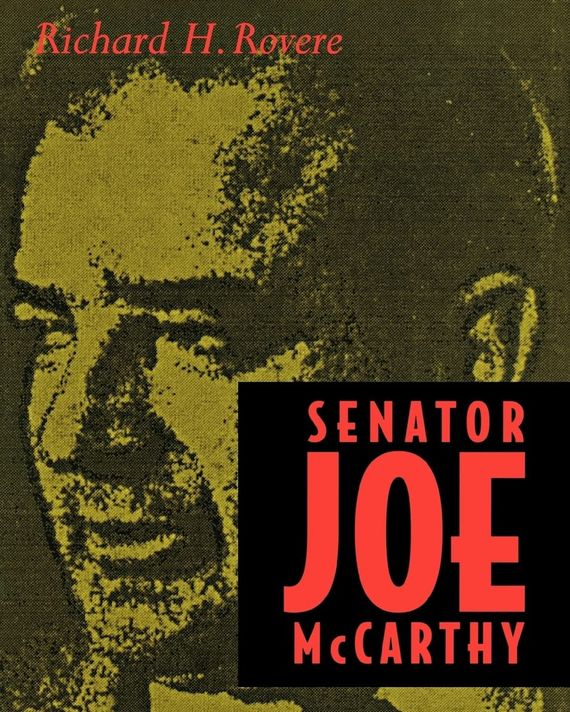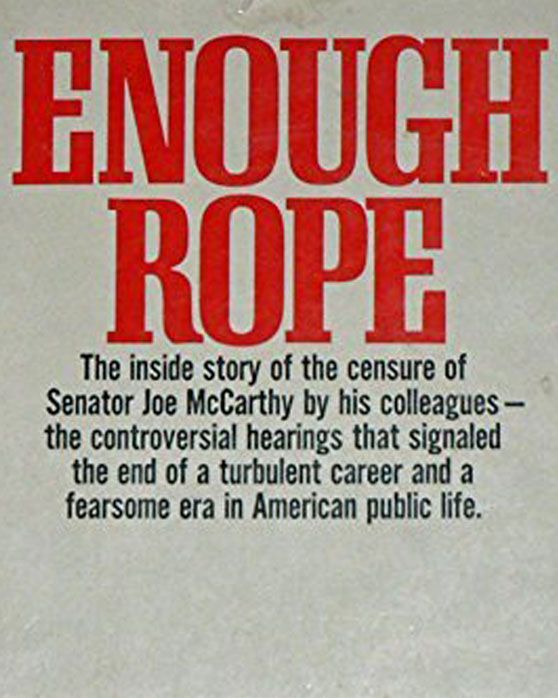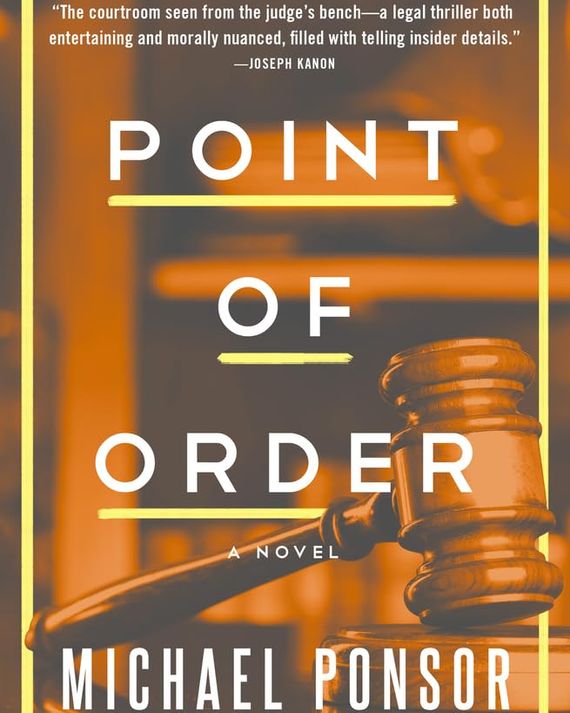
“History never repeats, but it does give us patterns to watch for,” said Rachel Maddow when we chatted over the phone last week about the second season of Ultra, her MSNBC audio project about World War II–era American fascism. The pertinent pattern here, of course, is the rise of authoritarianism and its intimate link to systematic attacks on institutions, processes, and squishier aspects of civic culture meant to support a sense of political accountability — a dynamic that’s as present in the period she’s revisiting as the news she covers when she’s in front of the camera on MSNBC.
The notion of a political audio docuseries that labors to connect the present with the past has become so much of a trope that it’s now basically a robust genre with its own rich tradition — one encompassing such stalwarts as Slow Burn, Fiasco, Blowback, and, of course, a growing body of podcast work produced by one Rachel Maddow. Cable-news fiends might recall that Maddow, still MSNBC’s most popular anchor, scaled down her anchoring commitments to one night per week and special programming back in 2022, a move precipitated by a desire to pursue projects outside of the punishing nightly grind.
Audio has become a notable fixture for her non-television work. In 2018, she launched Bag Man, with Michael Yarvitz, a series about Spiro Agnew’s Watergate adventures that’s apparently being adapted into a film directed by Ben Stiller (should he ever be done with Severance season two), and last summer, she collaborated with Isaac Davy-Aronson on Déjà News, a series taking listeners behind the headlines on the biggest news stories of the moment. In between was Ultra’s first season, which cast a deep gaze on a somewhat forgotten development around World War II: when sitting members of Congress aided and abetted a fascist plot to overthrow the American government while the country was at war with the Nazis.
Ultra was critically acclaimed, receiving the 2023 Hillman Prize for Broadcast Journalism. This week sees the debut of its follow-up, which picks up shortly after the scandal documented at the end of the first season when O. John Rogge, the prosecutor of the failed sedition trial against American fascist conspirators, heads off to Germany and brings back the names of U.S. politicians who were willing Nazi collaborators. The end of the physical war, it turns out, wasn’t the actual end of the war after all. “Dr. Hunt,” the kickoff episode of season two, picks up in a manner much like the first season: with an unsettling and largely forgotten political mystery — in this case, the suicide of a popular freshman senator — that sets up a story about the long shadow of global fascism, one that continues to infect American politics on a cellular level.
The eight-part follow-up sees Maddow once again sharing executive-producing duties with Yarvitz, and she’s backed by a team of producers that includes Kelsey Desiderio, Jen Mulreany Donovan, and Vasilios Karsaliakos. New episodes drop on Mondays, though subscribers to the relatively new MSNBC Premium will be able to get early, ad-free access.
A thing you might mull over listening to Ultra: This country’s need for reckonings on so many levels has been clear for a long time — but what, on a technical and practical level, does that actually entail? For Maddow, the answer is probably shame, though how it is to be applied or systematized may well be the defining question. “I’m getting more committed to this idea that there needs to be more options in the American political system for course correction — for shame or, well, discreditation, for lack of a better term,” she said. “A lot of mature democracies have a tradition of public apology when politicians do something wrong. People make public apologies, they step down, they leave politics.”
She added, “In the American system, there isn’t really … how should I put this? It doesn’t seem as possible in contemporary American politics compared to elsewhere to have your reputation ruined. Bad stuff gets forgotten and the people who had bad ideas don’t go away.” Perhaps that’s why we have a growing number of efforts, embodied by these political audio docuseries trying to build bridges across time, to remember a little better.
On the occasion of Ultra’s second-season launch this week, we asked Maddow to tell us a few podcasts — and other things — she’s enjoyed lately.
Podcasts
QAA Podcast
Jake Rockatansky, Travis View, and Julian Feeld explore the vast terrain of conspiracy-laden digital subcultures. Formerly known but still widely described as QAnon Anonymous.
I’m not a huge one for “chatty dudes catching up with each other without anything to say” podcasts. Like, that’s not my vibe. But with QAnon Anonymous, the dynamic between the rotating cast of hosts is great — it’s entertaining, but not too much. When they do interviews, it’s substantive: They’ve done their homework, they know what to ask the people who they’re talking to. And when they do QAnon news, they’re always picking up on something I wanna know a little bit more about. They’re pretty responsible and entertaining at the same time in terms of talking about that subject matter that they’ve been invested in for all these years.
The Rest Is History
Dominic Sandbrook and Tom Holland (not that one) dig deep into various historical topics.
I listen to The Rest Is History, but I think everybody listens to The Rest Is History. It’s so well done! Wouldn’t you agree it’s flawlessly produced? It’s clean, it’s humble; these are not guys trying to talk about things they don’t know, which is my other big pet peeve in podcasts. These are guys who absolutely know what they’re talking about and who don’t say more than they know. They’ve done episodes on things that I actually know a lot about — things that I’ve done archival-level primary-source research on — and I’ve never caught them out in terms of taking shortcuts or taking false common wisdom about things. And I just really appreciate that.
Know Your Enemy
Matthew Sitman and Sam Adler-Bell on American conservatism.
I spend a lot of time with Know Your Enemy, which is like doing a grad-school seminar on the history of American conservative intellectual movements. It’s fantastic. They do current political events as well, but for the most part, they’re doing a historiography or intellectual history of the conservative movement in the United States and treating the topic with all the seriousness it deserves. There is a part of me that’s still in grad school, and that part of me wakes up every time a new episode of Know Your Enemy comes out. I love how unapologetically highbrow it is.
Books
Senator Joe McCarthy
Richard Rovere’s 1959 biography of the notorious senator.
There’s lots of books written about Senator Joe McCarthy. A bunch are good; a bunch are not so good. But there’s one in particular that is so beautifully written I think it deserves a place in the 2024 pantheon of “Useful American Biographies to Read.” The book is just called Senator Joe McCarthy, and it was written in 1959 by a political journalist, Richard Rovere. This isn’t an obscure book — it was a best seller in its time, considered even then to be a great work — but I don’t think anybody has read it recently. It’s so resonant in terms of what we’re confronting today: an anti-democratic movement, the frustrations of it, the allure of it. What it means to have an America that’s kind of split where a big portion of the country is in love with this sort of rising authoritarian, and the other portion is horrified by it.
Enough Rope
The late senator Arthur V. Watkins’s memoir, published in 1969.
This book is legitimately obscure, and I think it should be republished or excerpted or turned into an audio project or something. So, there’s this senator from Utah named Arthur Watkins. He’s largely forgotten, but he was the senator who ran the censure committee against McCarthy. And he was also a Republican. He wrote this book called Enough Rope, which tells you something about how he thought about the process.
We think about McCarthy’s career ending with the country turning against him and him being humiliated — as if everybody was onboard with McCarthy being a bad guy. In reality, Arthur Watkins, this conservative Republican senator from Utah, chaired the censure committee and then was destroyed for it. Factions inside his own party primaried him out of his job and ended his career. He was, basically, what Liz Cheney and Adam Kinzinger are today.
Point of Order
The latest crime novel by Michael Ponsor.
I also like to read things that have nothing to do with history so that I can sleep, and there’s a sitting federal judge in Massachusetts named Michael Ponsor who’s written this series of … well, they’re not police procedurals, but judge procedurals. They’re basically crime thrillers about crazy crime sprees from the perspective of a judge and how the courts deal with it. So I consume detective and police procedurals by the gallon. I’ve read all of the series, watched all of the TV shows. But to get one from a judge’s perspective is just different enough that you get all these new angles. They’re so delicious. They kind of teach you how federal-court procedure works. The crimes are realistic and believable and not so absurd that you rebel against it. And he’s such a good writer. He’s only written three of them, and his new one is just out right now: Point of Order. It’s so addictive and so good and I just want to make him 30 years younger so he can write more of these books. I don’t know how many more he’s gonna write.








